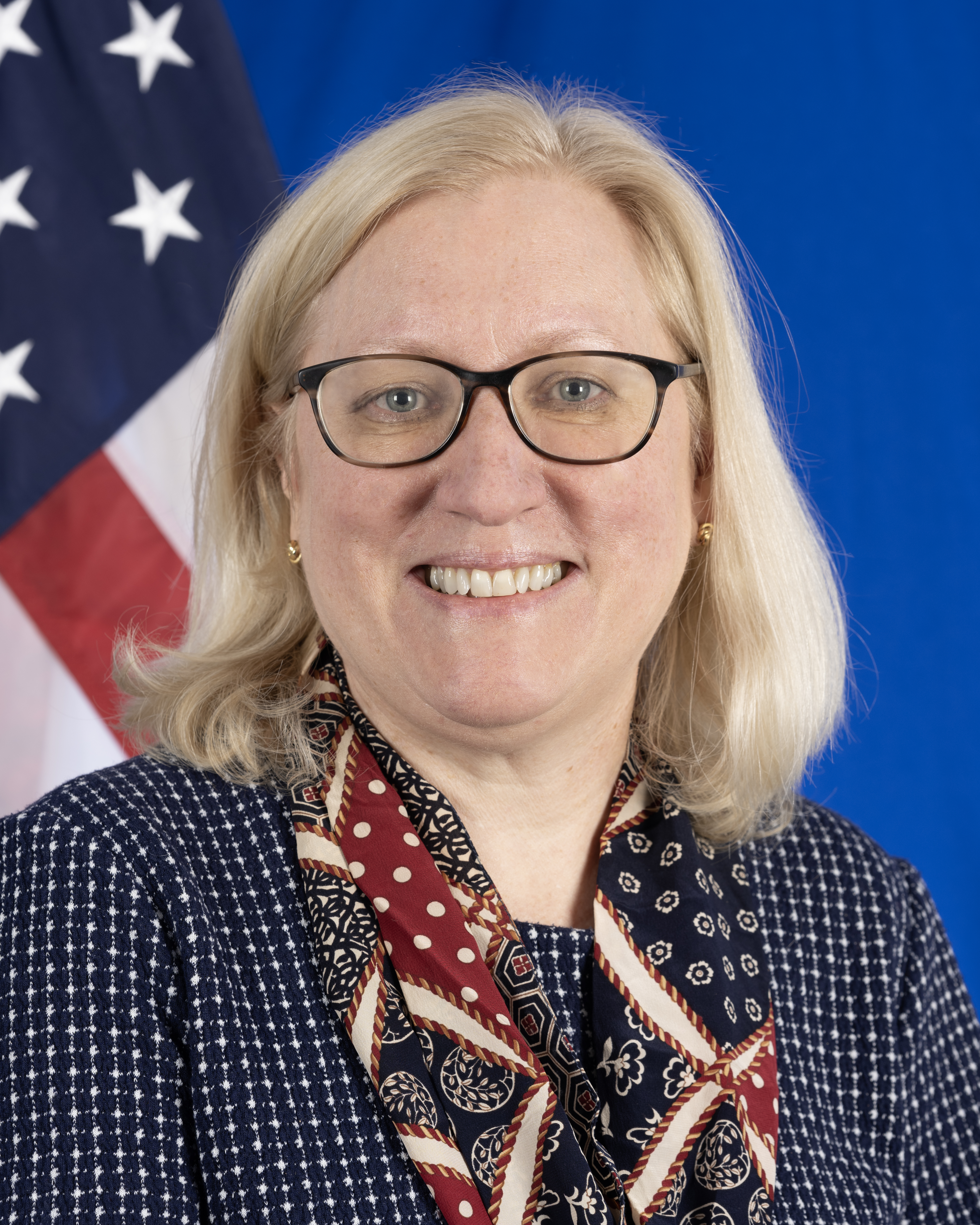World Space Week 2023: BridgeUSA Research Scholar has Lofty Plans for Nanotechnology
Posted on Tuesday, October 10th, 2023 at 7:08 pm.
Very proud of living in the Washington area.
Carles Corbella Roca, Ph.D., is a Spanish physicist who has recently completed his BridgeUSA exchange experience as a Research Scholar at George Washington University (GWU) in Washington, D.C. Given his focus on plasma methods for materials design and production, Carles’ work has potential for scientific application in space and makes him an ideal exchange visitor to spotlight during World Space Week 2023!
“GWU has very kindly sponsored my stay as a J1 Research Scholar with the Mechanical & Aerospace Engineering Department in Washington, D.C. I am extremely lucky to have worked in this Department in the nation’s capital after my postdoctoral training in Spain and Germany.
When I arrived at DC in April 2018, I was 40 years old and had more than 10 years of postdoctoral experience in my backpack. Five years later, I learned priceless lessons on my track to tenured scientist. Because my dream is to become a research professor and to devote my life to teaching and science, the experience at GWU was key to testing my ambitions within the very competitive world of research.
My stay at GWU had very positive aspects. To start, I integrated into one of the most advanced societies, well-known for its open mind and hard-working culture. Professionally, I learned new technical skills, expanded my expertise, and strengthened my network especially thanks to the participation in a National Science Foundation collaborative center focused on plasma applications for energy, healthcare, and agriculture. The provided lab facilities and mentoring enabled exciting experiments that led to the publication of scientific papers and to the awarding of new funding proposals. Also, I was given the chance to mentor a few undergrad students and to take teaching assignments. All this work was performed in one of the most praised universities in the heart of the nation’s capital. I must thank GWU, and especially my mentor, Professor Michael Keidar, for his support in paving the way for this mid-career physicist.
My Department of Energy Small Business Innovation Research project was the modeling and optimization of nanomaterial synthesis, such as graphene and carbon nanotubes, using plasma processes. The material source was an arc discharge striking between rods made of carbon or other elements. Arcs are a very energetic form of plasma or ionized gas, where large electric currents can be created. The very high temperatures reached (several thousand degrees) evaporate the rod material, thereby making arcs suitable for the deposition of materials with special structural and mechanical properties. The mechanical strength, thermal resistance, and electro-optical behavior of graphene and other two-dimensional, or flat, materials qualify them for many applications. Aerospace coatings for harsh environments and transistors in microelectronic components are a few examples.

Invited talk at the ECS Meeting in Atlanta, GA (October 2022)
But I was not alone on this scientific journey. Besides the precious company of my colleagues and friends, I had the pleasure of sharing an apartment and laboratory premises with my wife, who was timely accepted into the J-2 status. Being a renowned scientist herself, we were able to collaborate thanks to her employment authorization. We have worked jointly on different projects, co-authored many articles, and traveled together to attend national and international conferences. We enjoyed visiting other great U.S. cities, such as New York and Atlanta. A stay abroad is much more comforting when it is done with loved ones, especially when we all belong to the same team. I gratefully acknowledge the assistance from the GWU International Services Office for the processing of our visas.
I hope that this article may encourage prospective students and experienced researchers to join the GWU Family through a J-1 program. The candidates can be confident that the education quality and research infrastructure provided by GWU are second to none. GWU’s instructors and scientists are models for tomorrow’s STEM leaders. Faculty at GWU Engineering are delighted to undertake exciting projects and experiments and to deliver wonderful lectures in the majestic Science and Engineering Hall located in downtown D.C. At the end of the day, one can relax in the fancy bars nearby or have a stroll in the amazing National Mall gardens.
If you feel you can fit in well in this vibrant, hard-working environment, don’t hesitate to join the GWU league on the road to success. I hope to establish a laboratory in Spain or in another country, where I plan to open a research line on plasma-materials interactions and build upon the knowledge gained during my time in the U.S. at George Washington University. Who knows? Maybe my nanomaterials will lead to a successful Artemis mission to the moon or beyond.”
Categories: J-1 Visa, Program Spotlight
| About Rebecca Pasini Deputy Assistant Secretary for Private Sector Exchange | |

|
Rebecca A. Pasini joined the Bureau of Educational and Cultural Affairs as the Deputy Assistant Secretary for Private Sector Exchanges in July 2023. A career member of the Senior Foreign Service, Class of Minister - Counselor, Ms. Pasini has been an American diplomat since 1997.
Ms. Pasini previously served as the Director of Public and Congressional Affairs in the Bureau of Consular Affairs from 2021-2023. Other Washington assignments have included positions in the Bureau of Consular Affairs, the Bureau of Western Hemisphere Affairs, the Office of Foreign Missions, and as a liaison to the Department of Homeland Security. She has also completed multiple overseas tours, including as Minister Counselor for Consular Affairs in Islamabad, Pakistan, and as the Consular Chief in Rio de Janeiro, Brazil and Belfast, Northern Ireland. Other tours included Mexico City and Kuwait.
A Maryland native, Ms. Pasini has a Ph.D. in Political Science from Indiana University, a master’s degree in National Security and Resource Strategy from the Eisenhower School, National Defense University, and an undergraduate degree from Mary Washington College.
Categories
Flickr
 View more photos |


